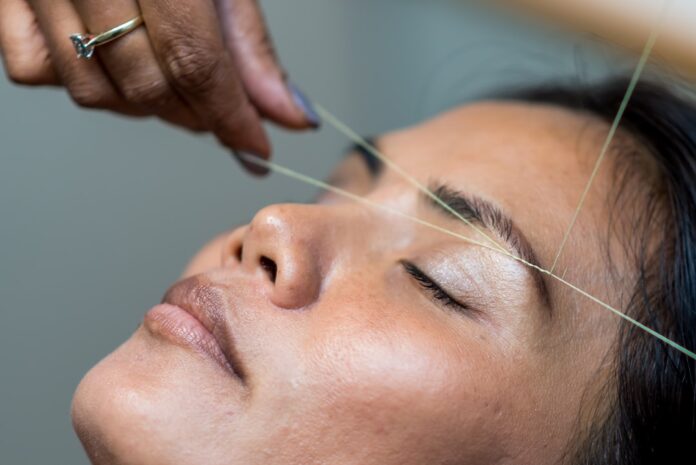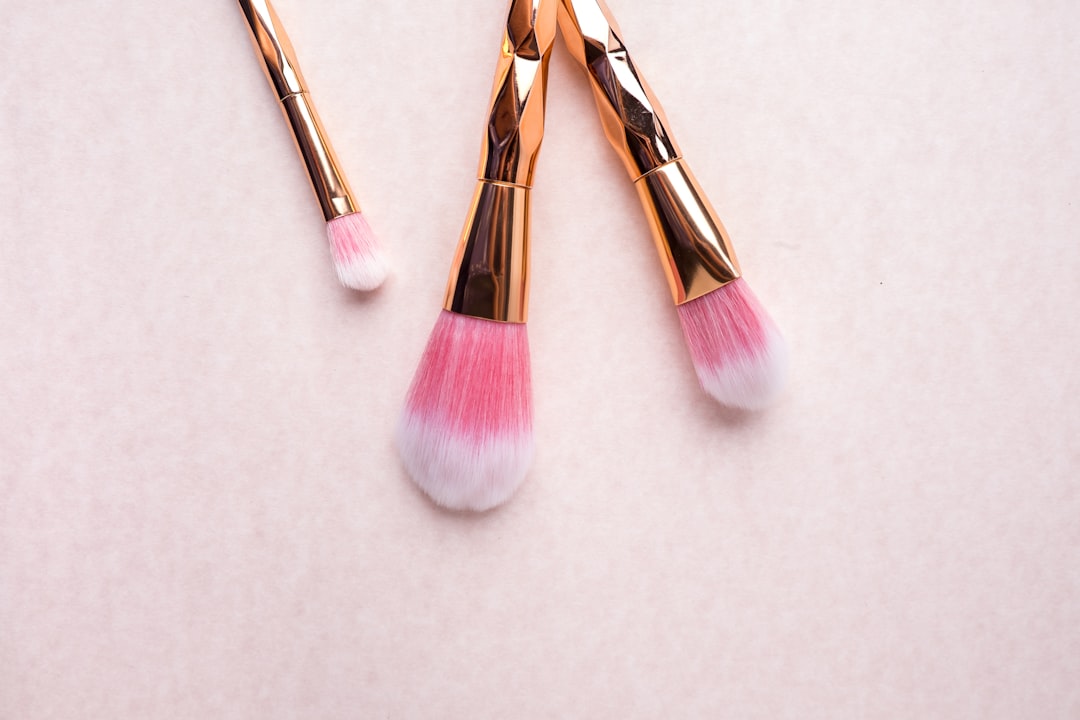Allergies, especially seasonal allergies, can be a nuisance for many. They can cause symptoms like sneezing, runny nose, itchy eyes, and congestion. While there are plenty of over-the-counter medicines to help manage these symptoms, many people prefer to treat their allergies with natural remedies. This article will discuss how to combat seasonal allergies with natural remedies.
#1 – Identify Your Allergy Triggers
The first step in combatting seasonal allergies with natural remedies is to identify what is causing your allergic reaction. Common triggers include pollen, mold, pet dander, dust mites, and food allergies. Once you have identified your triggers, you can take steps to avoid them. This could include keeping your windows closed on days with high pollen counts, reducing the amount of dust in your home, or avoiding certain foods.
#2 – Eat Allergy-Fighting Foods
Certain foods can help reduce the severity of your allergies. These foods contain anti-inflammatory properties, which can help reduce inflammation and congestion. Some of the best allergy-fighting foods include apples, honey, garlic, and onions. Additionally, adding omega-3 fatty acids to your diet can help reduce inflammation. You can increase your intake of omega-3s by eating more fatty fish like salmon and mackerel.
#3 – Herbal Remedies
Herbal remedies have been used for centuries to treat allergies. Some of the most popular herbs for allergies include nettle, elderberry, and ginkgo biloba. These herbs can help reduce inflammation and reduce the severity of allergy symptoms. Additionally, some herbs, like chamomile, can help reduce stress and improve sleep.
#4 – Acupuncture
Acupuncture is another natural treatment option for seasonal allergies. This ancient Chinese practice involves inserting thin needles into specific points on the body to stimulate the flow of energy. Acupuncture is thought to help reduce inflammation and improve the body’s ability to respond to allergens.
#5 – Probiotics
Probiotics are beneficial bacteria that can help improve your overall health. Research suggests that probiotics can help reduce the symptoms of allergies by boosting the immune system. You can find probiotics in fermented foods like yogurt, kimchi, and sauerkraut. Additionally, probiotic supplements are available in many health food stores.
#6 – Essential Oils
Essential oils are another natural remedy for seasonal allergies. These oils are derived from plants and are thought to have anti-inflammatory and antiseptic properties. The most commonly used essential oils to combat seasonal allergies are eucalyptus, peppermint, and tea tree.
#7 – Get Enough Sleep
Getting enough sleep is essential for overall health and can also help reduce the symptoms of allergies. When we sleep, our bodies produce anti-inflammatory hormones that can help reduce inflammation and congestion. Aim for at least eight hours of restful sleep each night.
Seasonal allergies can be a nuisance, but there are plenty of natural remedies that can help reduce the symptoms. Although it is always best to consult your doctor before trying any new treatment, these natural remedies are a safe and effective way to combat seasonal allergies.1. Take a daily dose of local honey. Honey contains small amounts of pollen from the local area, which can help your body become more resilient over time.
2. Try drinking herbal teas. Herbal teas such as nettle and peppermint can help reduce inflammation and open up airways.
3. Take a hot shower. Taking a hot shower can help reduce symptoms and clear your sinuses.
4. Eat anti-inflammatory foods. Foods such as turmeric, ginger, and garlic can help reduce inflammation and congestion.
5. Use essential oils. Essential oils such as lavender, peppermint, and eucalyptus can help clear your nasal passages and reduce inflammation.
6. Exercise regularly. Regular exercise can help reduce inflammation and open up airways.
7. Invest in a HEPA filter. HEPA filters can help reduce allergens and pollutants in the air.
8. Get plenty of restful sleep. Aim for at least eight hours of restful sleep each night.Avoid caffeine and other stimulants late in the day.
Create a sleep routine and stick to it. Go to bed and wake up at the same time each day, even on weekends.
Create a calming pre-bedtime routine, such as reading a book or taking a warm bath.
Limit exposure to bright screens and blue light from electronic devices for at least an hour before bedtime.
Exercise regularly during the day, but avoid exercising close to bedtime.
Keep your bedroom cool, quiet, and dark.
Avoid eating or drinking too close to bedtime.
If needed, use relaxation techniques, such as deep breathing or progressive muscle relaxation, to help you relax before bed.Make sure your bedroom is dark, quiet, and comfortable.
Avoid caffeine, nicotine, and
Photo by Hazel Olayres on Unsplash
alcohol close to bedtime.
Try to go to bed and wake up at the same time every day.
Exercise regularly but avoid doing so close to bedtime.
Try to reduce stress and anxiety before bed.
If you can’t sleep, get up and do something relaxing until you feel tired.1. Take a warm bath or shower.
2. Read a book or magazine.
3. Practice deep breathing or meditation.
4. Listen to relaxing music or nature sounds.
5. Write in a journal.
6. Stretch or do some gentle yoga poses.
7. Watch a relaxing show or movie.
8. Have a cup of chamomile tea.
9. Avoid electronics for an hour before bedtime.
10. Try aromatherapy with essential oils.Yes, aromatherapy with essential oils can be a great way to relax and reduce stress. Essential oils can be used in a variety of ways, including diffusion, topical application, and inhalation. Some of the most popular essential oils used for relaxation and stress relief are lavender, chamomile, and ylang-ylang.Diffusion – Diffusing essential oils is a great way to create a relaxing atmosphere in your home or office. You can use an essential oil diffuser to disperse the oils into the air and enjoy the therapeutic benefits.
Topical Application – Essential oils can be applied directly to the skin (diluted in a carrier oil) to help reduce stress and anxiety. For best results, use a small amount of essential oil and massage it into the skin.
Inhalation – Inhaling essential oils is a great way to reap their benefits. You can either inhale them directly (for a more intense aroma), or use a diffuser to disperse them into the air.Diffusing – Diffusing essential oils is a great way to fill your home or office with their scent and reap their benefits. Use an aromatherapy diffuser to disperse the essential oil into the air.
Topical Application – Applying essential oils directly to the skin is one of the most effective ways to reap their benefits. Before applying essential oils to your skin, be sure to dilute them with a carrier oil such as sweet almond, coconut, or jojoba oil.Direct Inhalation – Direct inhalation is a simple yet very effective method of using essential oils. You can take a few deep breaths of the oil right out of the bottle or put a few drops in a diffuser, humidifier, or vaporizer.
Baths – Adding essential oils to a warm bath is a great way to enjoy their therapeutic benefits. Simply add 5-10 drops of essential oil to your bathwater and soak for 20 minutes or more.
Compresses – A compress is a great way to apply essential oils to larger areas of the body. Simply soak a cloth in a mixture of warm water and 4-5 drops of essential oil. Then, apply the cloth to the affected area.You can also create a compress by adding a few drops of essential oils to a bowl of warm water, soaking a cloth in it and applying the cloth to the affected area. The cloth can be left on for 5-15 minutes.You can also use a warm compress to reduce swelling or inflammation. Simply heat a damp cloth in the microwave for a few seconds, then apply it to the affected area. You can apply a warm compress for 10-15 minutes at a time, every few hours as needed.You can also use a heating pad or hot water bottle to apply a warm compress. Make sure the heat source is not too hot and that it does not come into contact with your skin directly.You should also take an over-the-counter pain reliever such as ibuprofen or acetaminophen. It is also important to rest the affected area and avoid any activity that may aggravate the injury.Additionally, you should apply cold or ice packs to the area for 15-20 minutes at a time to help reduce inflammation. You should also wrap the area with a bandage or compression wrap to reduce swelling.It is also important to speak to a doctor or other healthcare professional to determine the best course of action for treating the injury. They may suggest physical therapy or other treatments to help reduce pain and inflammation.
In general, it is important to follow the RICE method (Rest, Ice, Compression, and Elevation) to help reduce inflammation and pain. Additionally, you should avoid any activities that could further aggravate the injury. Consulting a healthcare professional is recommended to get an accurate diagnosis and determine the best course of treatment.




